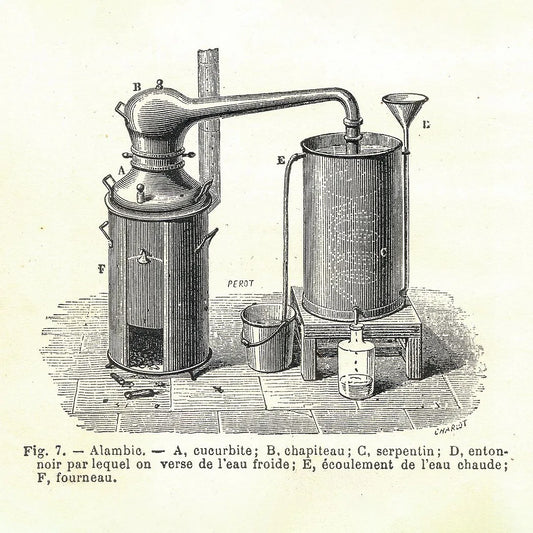Some essential oils are highly poisonous and should not be taken internally for any reason. Most of these are not available to consumers in the United States, because they are not on the Generally Regarded as Safe (GRAS) list. Some of these are carcinogenic, and others cause instant chemical burns when used on skin. If you have an old collection of oils that contain one or two of these, or if you see any of these advertised online, do not purchase or use them:
- Ajowan
- Balsam of Peru
- Bitter almond
- Cade oil crude (prickly juniper)
- Calamus (sweet flag)
- Camphor
- Colophony
- Costus root (kuth)
- Fig leaf absolute
- Horseradish
- Jaborandi
- Massoia bark
- Melaleuca bracteate
- Melilotus
- Mustard
- Ocotea
- Parsley seed
- Rue
- Santolina
- Sassafras
- Savin
- Southernwood
- Styrax gum (oriental sweet gum)
- Tansy
- Tea absolute
- Thuja
- Tonka bean
- Verbena
- Wormseed
- Wormwood
Other common essential oils, including wintergreen, nutmeg, eucalyptus, and tea tree, can cause serious complications if swallowed. They are safe for topical use but must not be ingested.
Some essential oils are potentially hazardous for people who have heart problems, especially high blood pressure. Peppermint essential oil has been found to react with calcium channel blockers (medications like amlodipine) and make them more potent, potentially dropping a patient’s blood pressure to a dangerously low level. At the same time, ingestion of peppermint essential oil can cause heart palpitations and increased heart rate, which can be equally dangerous for a cardiac patient. Research suggests that these patients should avoid hyssop, rosemary, sage, and thyme essential oils as well, as these can stimulate the heart.
People who have epilepsy should avoid essential oils that may increase the potential for seizures: camphor, fennel, hyssop, rosemary, sage, and spike lavender (L. latifolia, not the much more common L. angustifolia, which is normal lavender). These oils have a convulsive effect. Likewise, health professionals and some essential oil sellers recommend that people with cancer refrain from using aniseed, basil, bay, clove, cinnamon, fennel, ho leaf, laurel, nutmeg, and star anise essential oils, especially if the cancer is estrogen dependent, as these oils can stimulate this hormone.
Some essential oils can be toxic to liver function if swallowed. While we have already reviewed the case against ingesting any essential oil mentioned previously, these have a documented ability to do harm to the liver: aniseed, basil, bay, buchu, cassia, cinnamon, clove, fennel, and tarragon. Conversely, there is no documentation that prohibits their use in aromatherapy or for topical application.





